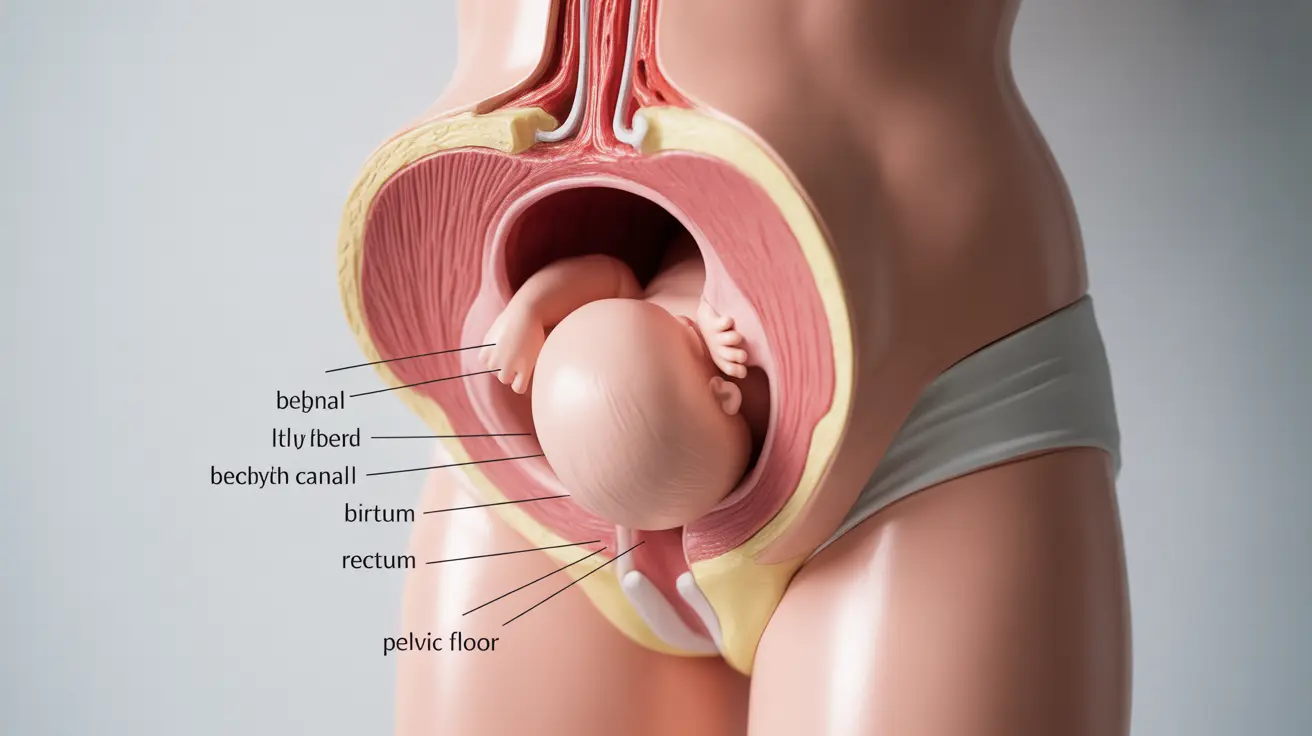Labor and delivery are transformative experiences filled with various physical processes, some of which may feel embarrassing to discuss. One common yet rarely talked about occurrence is bowel movements during childbirth. Understanding this natural aspect of labor can help expectant mothers feel more prepared and less anxious about their delivery experience.
Let's explore this topic with factual, medical information to help you better understand what to expect and why there's no need for embarrassment during this important life event.
The Science Behind Bowel Movements During Labor
During labor, several physiological processes occur simultaneously that can lead to bowel movements. The same muscles used to push your baby through the birth canal are connected to those controlling bowel movements. Additionally, the pressure of your baby's head moving down the birth canal can naturally compress your rectum.
How the Birth Process Affects Your Bowels
As your baby descends through the birth canal, the pressure on your rectum increases. The hormone relaxin, which helps prepare your body for childbirth, also affects the muscles controlling bowel movements. This combination of physical pressure and hormonal changes makes bowel movements during labor a common occurrence.
Medical Perspectives on Labor-Related Bowel Movements
Healthcare providers view bowel movements during labor as a positive sign. They indicate that you're pushing effectively and using the correct muscle groups. In fact, emptying your bowels during labor can create more room for your baby to pass through the birth canal.
The Role of Healthcare Providers
Labor and delivery teams are highly professional and experienced in handling all aspects of childbirth, including bowel movements. They maintain strict hygiene protocols and quickly clean any waste, prioritizing both mother and baby's health and comfort.
Preparing for Labor: Understanding Natural Processes
Many healthcare providers actually encourage having bowel movements during early labor, as it can help create more space in the pelvis for the baby's descent. This natural process shouldn't be prevented, as doing so could potentially complicate delivery.
Managing Anxiety and Expectations
It's completely normal to feel concerned about bodily functions during labor. However, understanding that this is a natural part of the process can help reduce anxiety. Focus on the incredible journey of bringing your baby into the world rather than worrying about normal bodily functions.
Frequently Asked Questions
How often do women actually poop while giving birth, and is it really that common?
Bowel movements during labor are extremely common, occurring in many deliveries. While exact statistics vary, healthcare providers estimate that the majority of women experience some degree of bowel movement during labor.
Why does pooping happen during labor and what causes it?
Bowel movements during labor occur due to the combination of hormonal changes, the pressure of the baby descending through the birth canal, and the engagement of the same muscle groups used for pushing during delivery.
What should I do if I feel embarrassed about pooping during delivery?
Remember that healthcare providers view this as a normal part of delivery and handle it professionally. They've seen it countless times and consider it a sign of effective pushing. Focus on your baby's birth rather than any embarrassment about natural bodily functions.
Is pooping during labor dangerous or harmful for me or my baby?
No, having bowel movements during labor is not harmful to either mother or baby. In fact, it can be beneficial by creating more space in the birth canal and indicating effective pushing techniques.
Can I do anything to avoid pooping during childbirth, and should I try to prevent it?
While you might have concerns, trying to prevent bowel movements during labor isn't recommended. This natural process can actually help with delivery, and attempting to hold back could make pushing less effective and potentially prolong labor.
Remember, bringing a new life into the world is a remarkable achievement, and every aspect of the process, including natural bodily functions, serves a purpose in ensuring a safe delivery.




